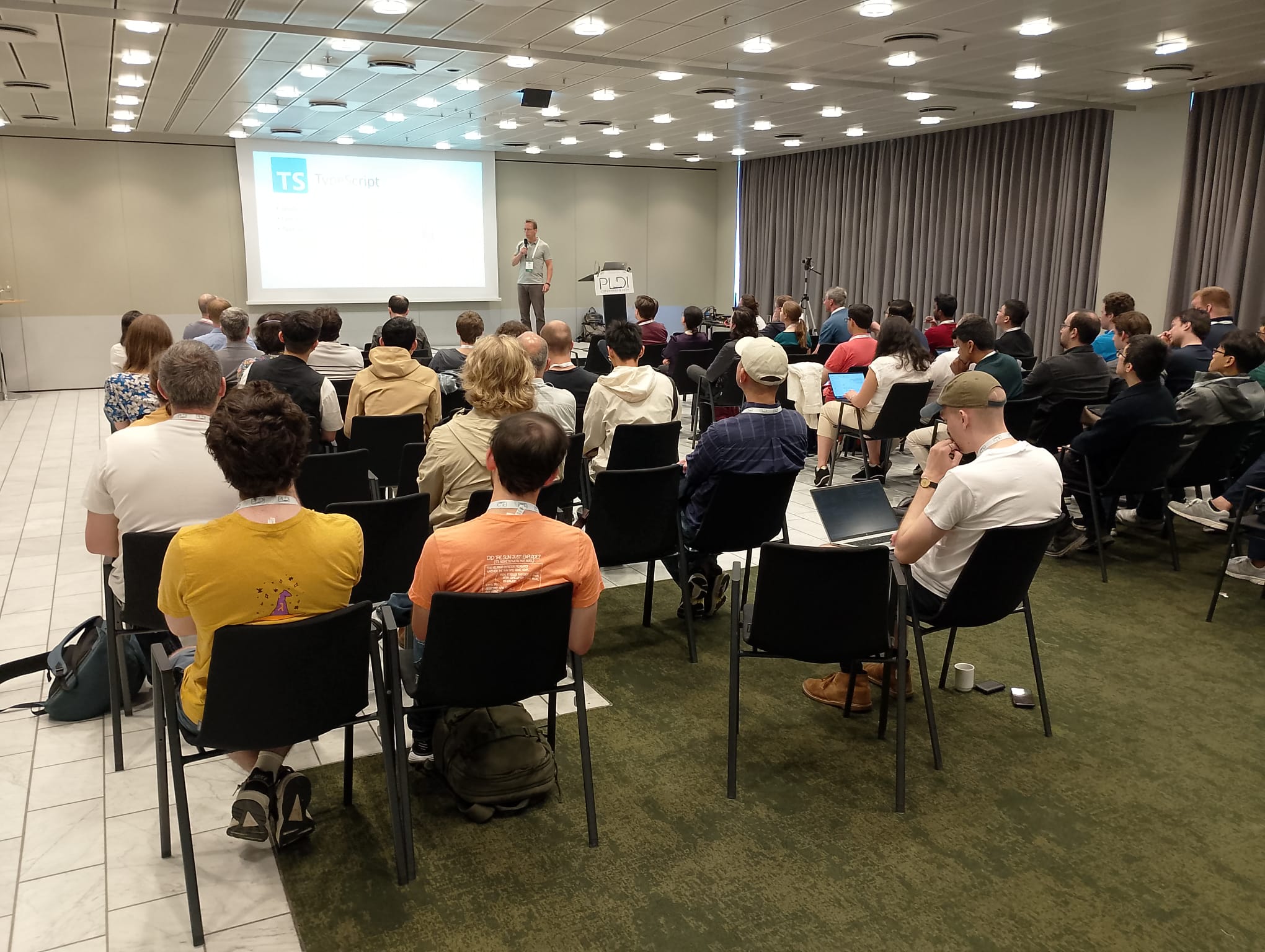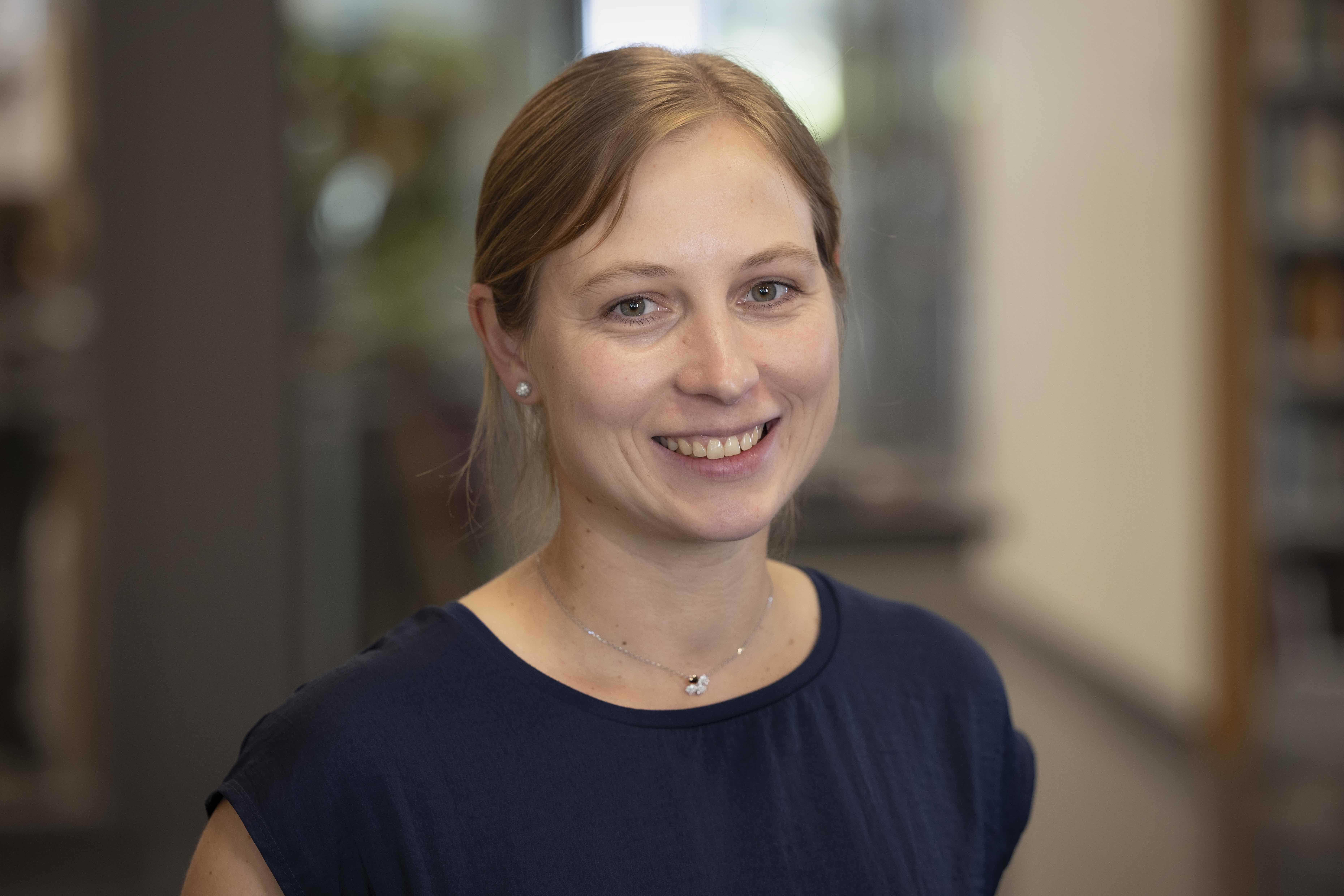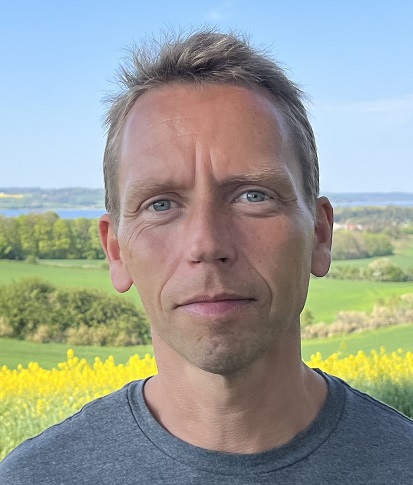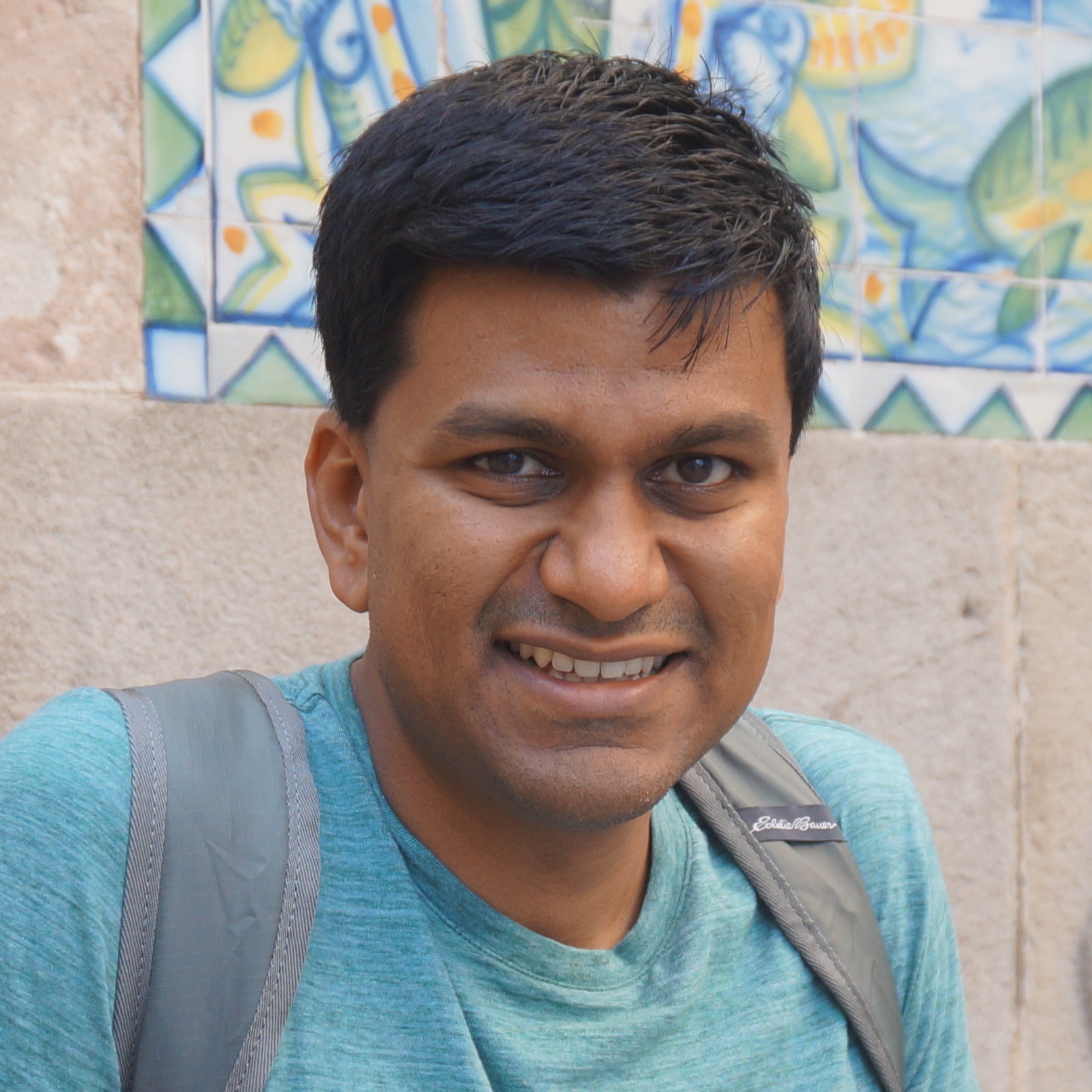
SOAP 2024 Best Presentation Award goes to Giovanna Kobus Conrado and Andreas Pavlogiannis for their work on “A Better Approximation for Interleaved Dyck Reachability”. Congratulations!
Static and dynamic analysis techniques and tools for mainstream programming languages (such as Java, C, JavaScript), have received widespread attention for a long time. The application domains of these analyses range from core libraries to modern technologies such as web services and mobile applications. Over time, various analysis frameworks have been developed to provide techniques for optimizing programs, ensuring code quality, and assessing security and compliance.
SOAP 2024 aims to bring together the members of the program analysis community to share new developments and shape new innovations in program analysis. For SOAP 2024, we invite contributions from researchers and practitioners working with program analysis.
We are particularly interested in exciting analysis framework ideas, application of existing static analysis techniques to industrial software, adoption of static analysis in software engineering practices (such as DevOps), innovative designs, and analysis techniques, including preliminary results or work in progress. We will also focus on the state of the practice for program analysis by encouraging submissions by industrial participants, including tool demonstration submissions.
The workshop agenda will continue its tradition of lively discussions on extensions of existing frameworks, the development of novel analyses and tools, and how program analysis is used in real-world scenarios.
Keynote Speakers
| Eva Darulova | Anders Møller | Manu Sridharan | ||
|---|---|---|---|---|
 |  |  | ||
| Recent Advances in Floating-point (Static) Analyses | Challenges and Opportunities in Program Analysis for JavaScript | Lightweight Resource Leak Verification and Inference |
Tue 25 JunDisplayed time zone: Windhoek change
09:00 - 10:10 | |||
09:00 50mKeynote | Recent Advances in Floating-point (Static) Analyses SOAP Eva Darulova Uppsala University | ||
09:50 20mTalk | Static Analysis for CHERIRemote SOAP | ||
10:40 - 12:20 | |||
10:40 50mKeynote | Challenges and Opportunities in Program Analysis for JavaScript SOAP Anders Møller Aarhus University | ||
11:30 20mTalk | Dr Wenowdis: Specializing dynamic language C extensions using type information SOAP Pre-print File Attached | ||
11:50 20mTalk | Interleaving Static Analysis and LLM Prompting SOAP Patrick Chapman University of California, Davis, Cindy Rubio-González University of California at Davis, Aditya V. Thakur University of California at Davis | ||
13:40 - 15:20 | |||
13:40 50mKeynote | Lightweight Resource Leak Verification and Inference SOAP Manu Sridharan University of California at Riverside | ||
14:30 20mTalk | Interactive Source-to-Source Optimizations Validated using Static Resource Analysis SOAP Guillaume Bertholon Inria & Université de Strasbourg, CNRS, ICube, France, Arthur Charguéraud Inria; Université de Strasbourg; CNRS; ICube, Thomas Koehler INRIA, Begatim Bytyqi Inria & Université de Strasbourg, CNRS, ICube, France, Damien Rouhling Inria Nancy Grand-Est; France | ||
14:50 20mTalk | When to Stop Going Down the Rabbit Hole: Taming Context-Sensitivity on the Fly SOAP Julian Erhard Technical University of Munich, Johanna Franziska Schinabeck Technische Universität München, Michael Schwarz Technische Universität München, Helmut Seidl Technische Universität München | ||
16:00 - 17:40 | |||
16:00 20mTalk | Misconceptions About Loops in C SOAP | ||
16:20 20mTalk | A Better Approximation for Interleaved Dyck Reachability SOAP Giovanna Kobus Conrado Hong Kong University of Science and Technology, Andreas Pavlogiannis Aarhus University | ||
16:40 20mTalk | ValBench: Benchmarking exact value analysis SOAP Marc Miltenberger Fraunhofer SIT | ATHENE - National Research Center for Applied Cybersecurity, Darmstadt, Steven Arzt Fraunhofer SIT; ATHENE | ||
17:00 5mTalk | Closing and Best Presentation Award SOAP | ||
18:00 - 20:00 | Welcome Reception (open to attendees of any PLDI-associated event)Catering / PLDI Events at Copenhagen City Hall Note: this reception is open to attendees of any PLDI-associated event, not just the main PLDI conference. | ||
18:00 2hOther | Reception PLDI Events Fritz Henglein Department of Computer Science, University of Copenhagen (DIKU) and Deon Digital, Jakob Grue Simonsen University of Copenhagen, Milind Kulkarni Purdue University | ||
Accepted Papers
Call for Papers
Deadline extension: Abstract should be submitted by 4 March AoE. Papers can now be submitted until 6 March AoE (firm).
Possible submissions include, but are not limited to:
- A report on a novel implementation of a program analysis, with a focus on practical details or optimization techniques for obtaining precision and performance.
- A new research tool, data, and other artifacts, that showcase early implementations of novel program analysis concepts, as well as mature prototypes.
- A description of a novel analysis component, for example, front-ends or abstract domains.
- A report describing an innovative tool built on top of an existing framework.
- A compelling use case for a feature that is not yet supported by existing analysis tools, with good examples and an informal design of the proposed feature.
- An idea paper proposing the integration of existing program analyses to answer interesting novel questions about programs, for example in IDEs and DevOps practices.
- An experience report on the use of an existing program analysis framework.
- A description of a program analysis tool and screenshots of the main parts of the demo.
Submissions should be four to six-page papers (excluding references) and should be formatted according to the two-column ACM proceedings format. Each reference must list all authors of the paper. The citations should be in numerical style, e.g., [52]. Templates for ACM format are available for Microsoft Word and LaTeX at http://www.sigplan.org/Resources/Author. The ACM class \documentclass[sigplan,screen]{acmart} should be used in order to ensure the expected default settings and correct colors. Reviewing will be single-blind, no need to make your submissions anonymous.
We strongly encourage authors to make their tool and experimental evaluation public and reproducible, through Docker or virtual machines archived on Zenodo.org. There will be no formal artifact evaluation to keep the review process lightweight.
Similar to SOAP 2023, the Program Committee of SOAP 2024 plans to invite a selection of accepted papers to submit extended versions to a special issue of the International Journal on Software Tools for Technology Transfer (STTT).
AUTHORS TAKE NOTE: The official publication date is the date the proceedings are made available in the ACM Digital Library. This date may be up to two weeks prior to the first day of your conference. The official publication date affects the deadline for any patent filings related to published work. (For those rare conferences whose proceedings are published in the ACM Digital Library after the conference is over, the official publication date remains the first day of the conference.)